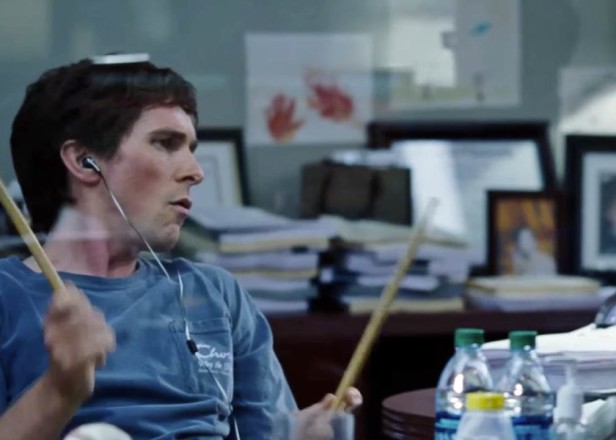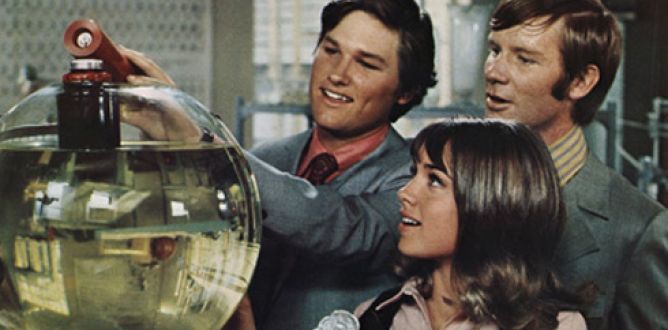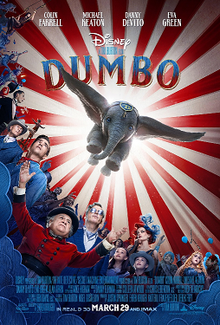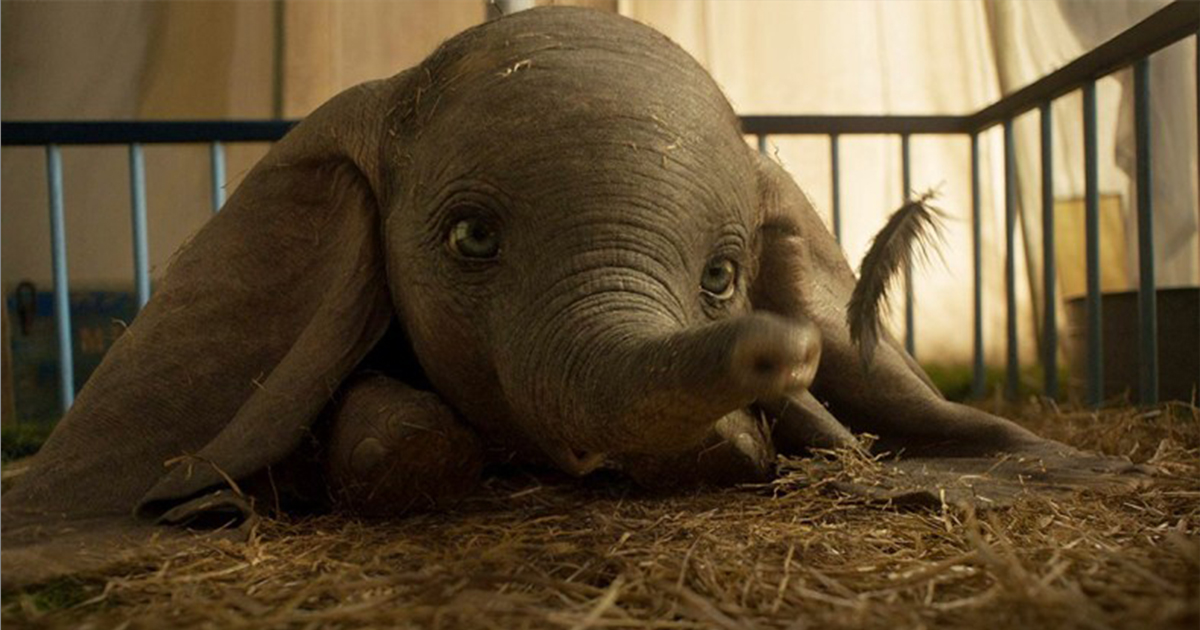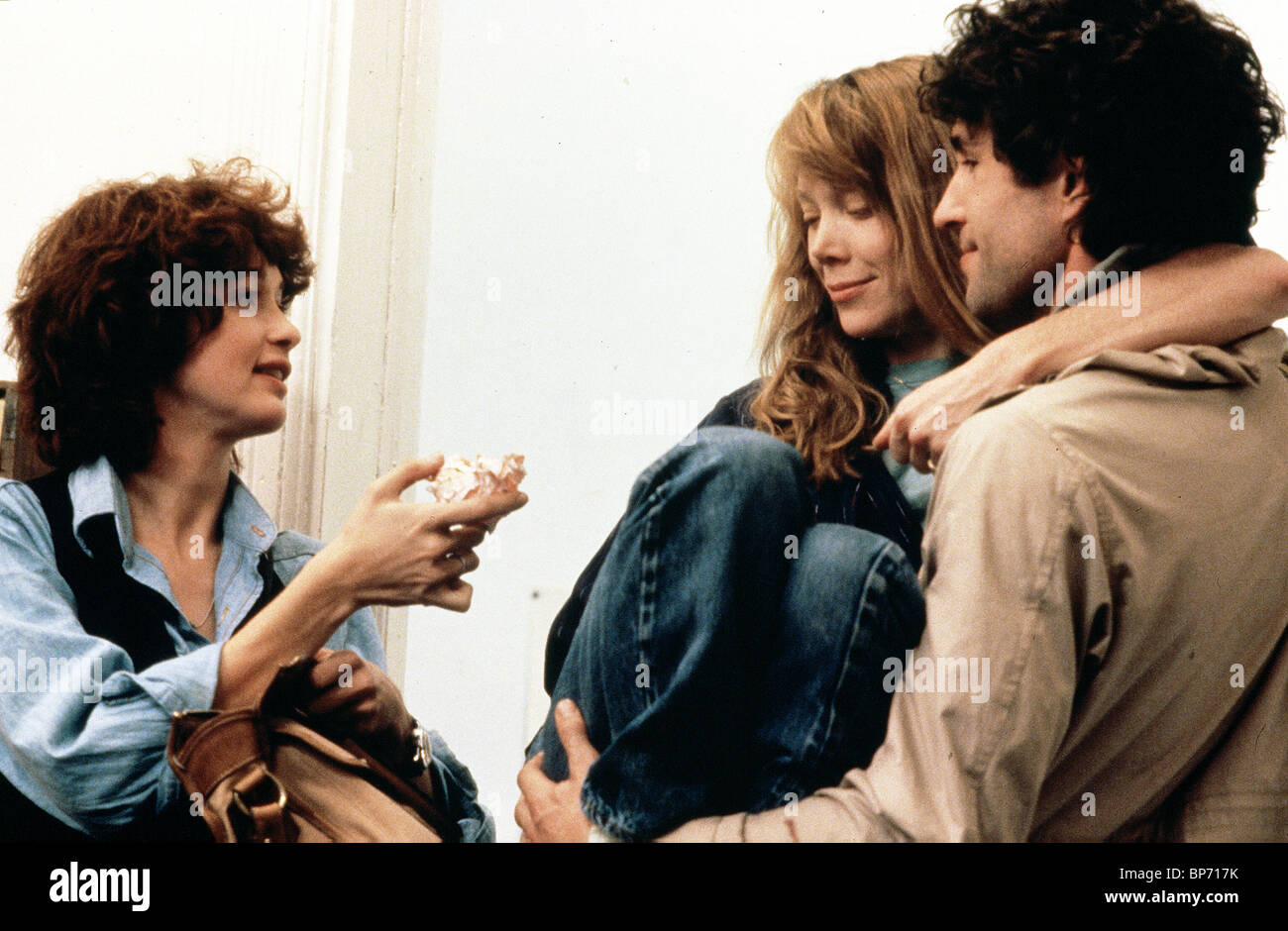Borat: Cultural Learnings of America for Make Benefit Glorious Nation of Kazakhstan
After creating the character of Ali G on HBO, Sacha Baron Cohen became a Hollywood player as the star and co-screenwriter of a 2006 melange of shock, vulgarity, and, yes, laughs simply known as Borat that barrages the viewer with some nearly obscene visual images and adult themes that redefine the phrase "something to offend everyone."
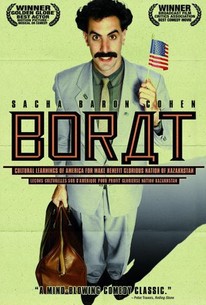
Borat Sagdiyev is a television correspondent in his native land of Kazakhstan, a Jew-hating country, who has been sent to America with his assistant Azamat and a cameraman to film a documentary about American culture. The first night in his hotel, Borat is watching a rerun of Baywatch and falls instantly in love with Pamela Anderson. He tries to forget about Anderson because he's married, but then he gets a telegram informing that his wife is dead. After a brief celebration of the news, he and Azamat buy an old ice cream truck and decide to drive cross country to California so that Borat can find Pamela Anderson and make her his bride.

Anthony Haynes, Peter Baynam, Dan Mazer, and Cohen actually received an Oscar nomination for Best Original Screenplay for this bizarre road trip comedy that definitely earns points for originality but loses an equal amount of points for tastelessness. There is nothing that happens in this movie that even approaches the neighborhood of decorum or appropriateness. This story seems to have been created to see just how much offensive material an audience would be able to tolerate and still generate laughs. I've seen a lot in my over half a century of movie viewing, but there are things in this movie that even I found hard to watch...but I also couldn't stop laughing either.

From the minute Borat arrives in New York and keeps trying to greet men with kisses on the cheek (thought it was rather strange that he only greeted male characters with kisses), we know we're in for something different. When he is being instructed on how to tell a joke, we know we're in for some silliness. When he sings the national anthem of his country to the tune of our national anthem to a rodeo full of rednecks, we're not sure if we're supposed to be laughing or not. When Borat uses the bathroom at a dinner party and brings his "deposit" downstairs, we're repulsed, but when Borat and Azamat have a nude wrestling match that leaves their hotel room and enters a crowded convention room, we just have to turn away. And don't even get me started on his actual attempt at kidnapping Pamela Anderson.

Director Larry Charles and Cohen display major cajones in their in-your-face presentation of this often repugnant but often equally hilarious fish out of water story. Charles and Cohen are also to be applauded for their casting of the characters interacting with Borat trying to teach him what he should and shouldn't be doing. Some of them don't even come off as actors, bringing an air of reality to the proceedings that's a little unsettling. Cohen's fearless and funny performance as Borat is something cinema historians should study. This is one of those movies that people are going to really really love or really really hate. Needless to say, I'm somewhere in the middle.
After creating the character of Ali G on HBO, Sacha Baron Cohen became a Hollywood player as the star and co-screenwriter of a 2006 melange of shock, vulgarity, and, yes, laughs simply known as Borat that barrages the viewer with some nearly obscene visual images and adult themes that redefine the phrase "something to offend everyone."
Borat Sagdiyev is a television correspondent in his native land of Kazakhstan, a Jew-hating country, who has been sent to America with his assistant Azamat and a cameraman to film a documentary about American culture. The first night in his hotel, Borat is watching a rerun of Baywatch and falls instantly in love with Pamela Anderson. He tries to forget about Anderson because he's married, but then he gets a telegram informing that his wife is dead. After a brief celebration of the news, he and Azamat buy an old ice cream truck and decide to drive cross country to California so that Borat can find Pamela Anderson and make her his bride.

Anthony Haynes, Peter Baynam, Dan Mazer, and Cohen actually received an Oscar nomination for Best Original Screenplay for this bizarre road trip comedy that definitely earns points for originality but loses an equal amount of points for tastelessness. There is nothing that happens in this movie that even approaches the neighborhood of decorum or appropriateness. This story seems to have been created to see just how much offensive material an audience would be able to tolerate and still generate laughs. I've seen a lot in my over half a century of movie viewing, but there are things in this movie that even I found hard to watch...but I also couldn't stop laughing either.

From the minute Borat arrives in New York and keeps trying to greet men with kisses on the cheek (thought it was rather strange that he only greeted male characters with kisses), we know we're in for something different. When he is being instructed on how to tell a joke, we know we're in for some silliness. When he sings the national anthem of his country to the tune of our national anthem to a rodeo full of rednecks, we're not sure if we're supposed to be laughing or not. When Borat uses the bathroom at a dinner party and brings his "deposit" downstairs, we're repulsed, but when Borat and Azamat have a nude wrestling match that leaves their hotel room and enters a crowded convention room, we just have to turn away. And don't even get me started on his actual attempt at kidnapping Pamela Anderson.

Director Larry Charles and Cohen display major cajones in their in-your-face presentation of this often repugnant but often equally hilarious fish out of water story. Charles and Cohen are also to be applauded for their casting of the characters interacting with Borat trying to teach him what he should and shouldn't be doing. Some of them don't even come off as actors, bringing an air of reality to the proceedings that's a little unsettling. Cohen's fearless and funny performance as Borat is something cinema historians should study. This is one of those movies that people are going to really really love or really really hate. Needless to say, I'm somewhere in the middle.
Last edited by Gideon58; 03-31-20 at 02:27 PM.



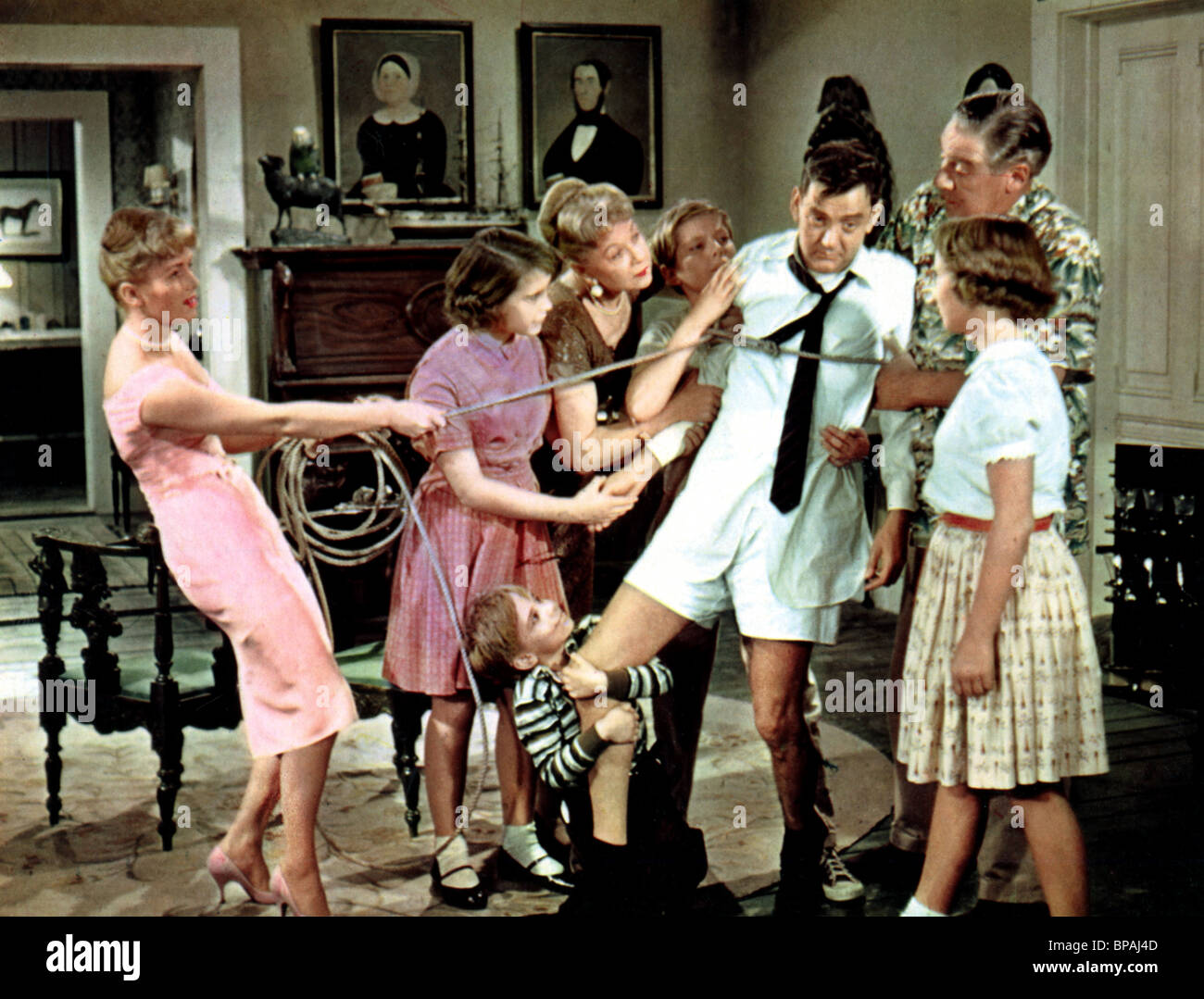


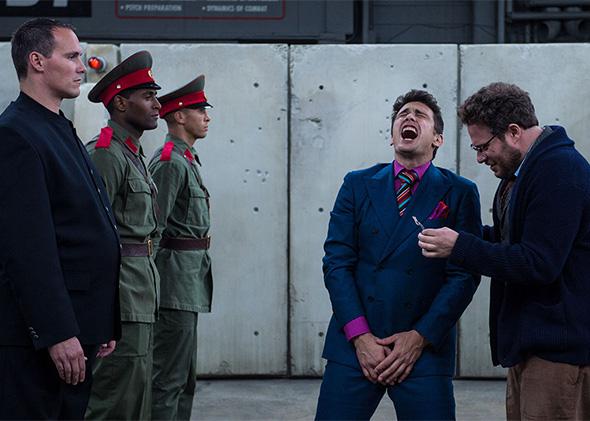
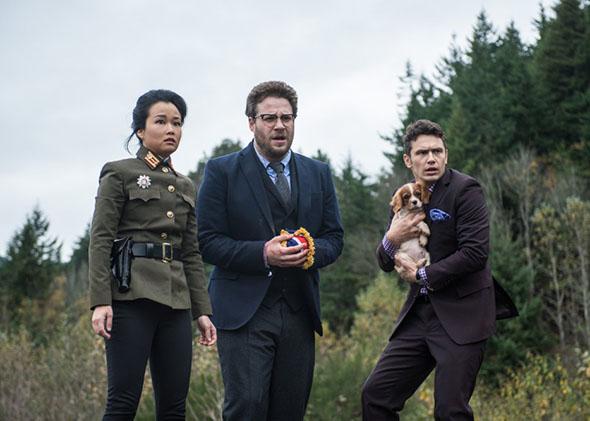

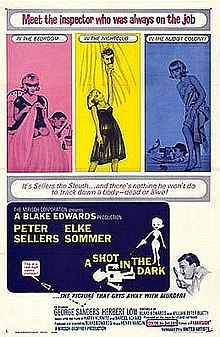

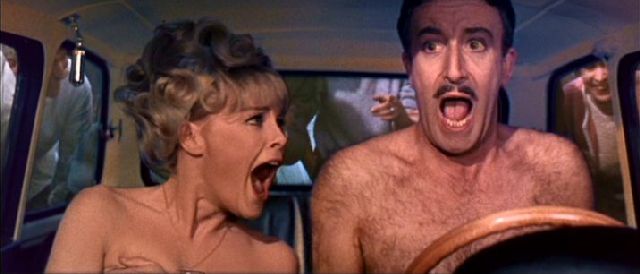




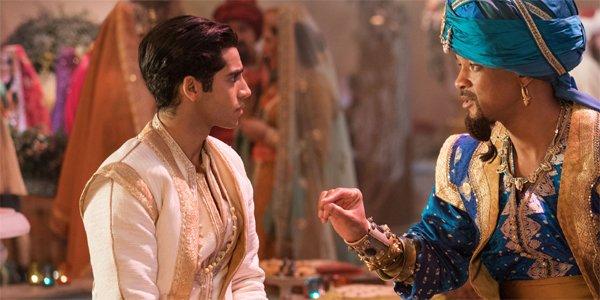





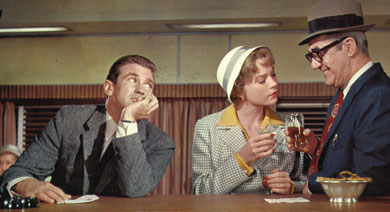


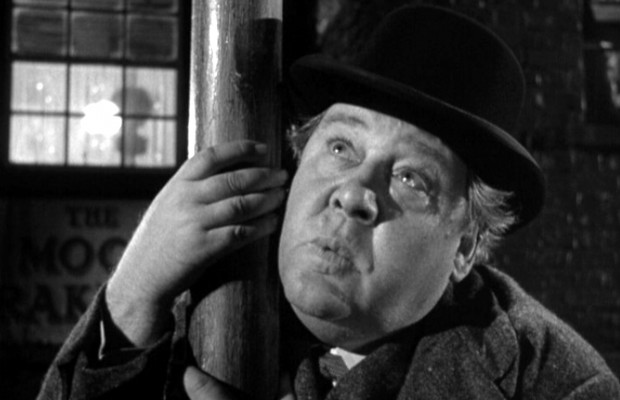



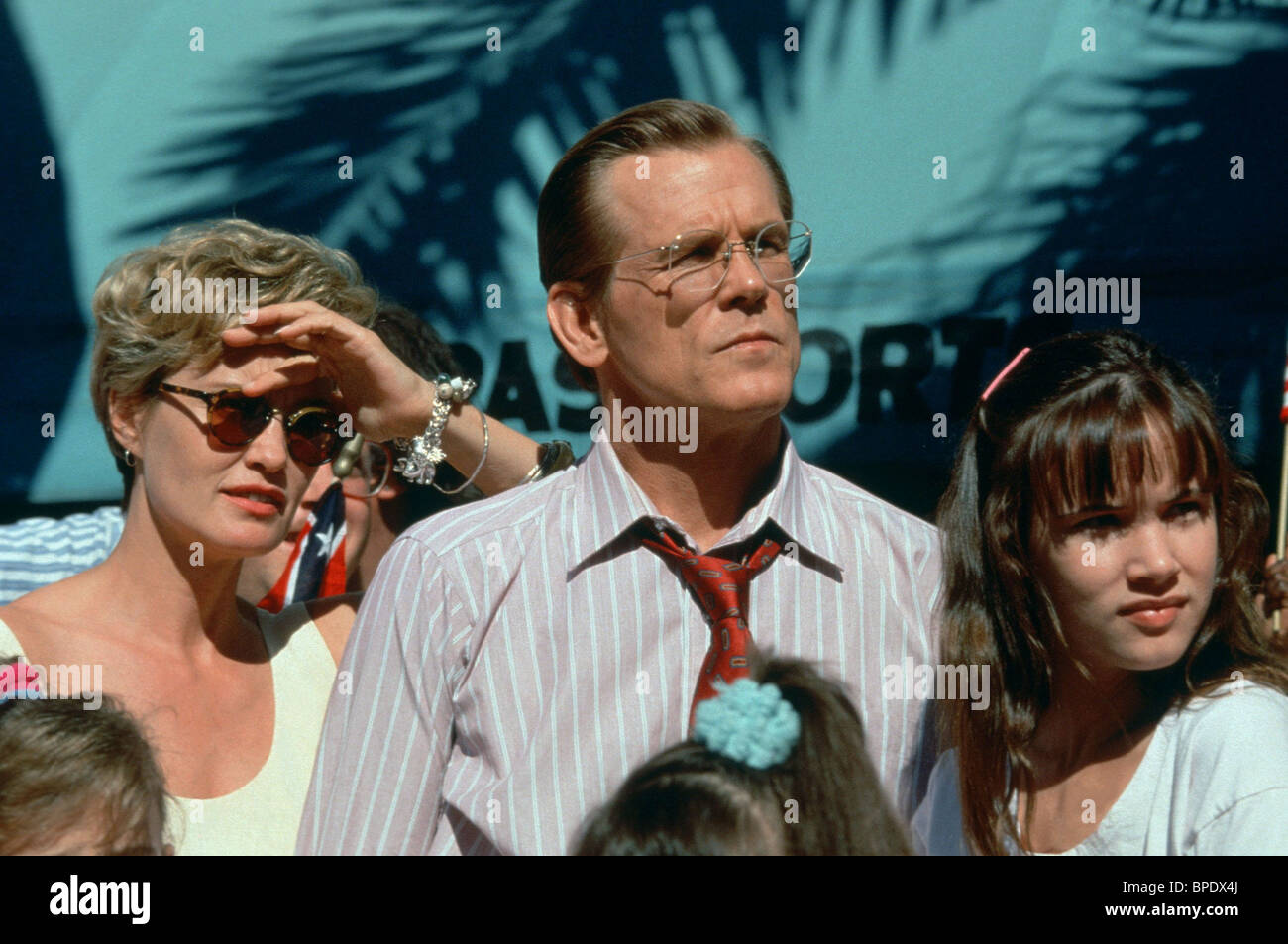





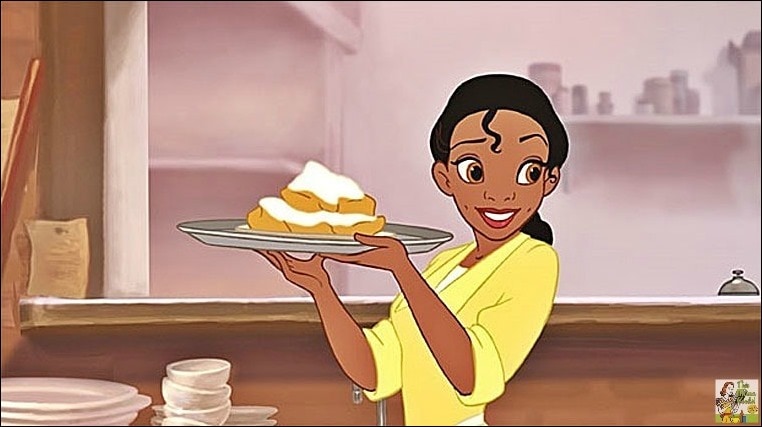
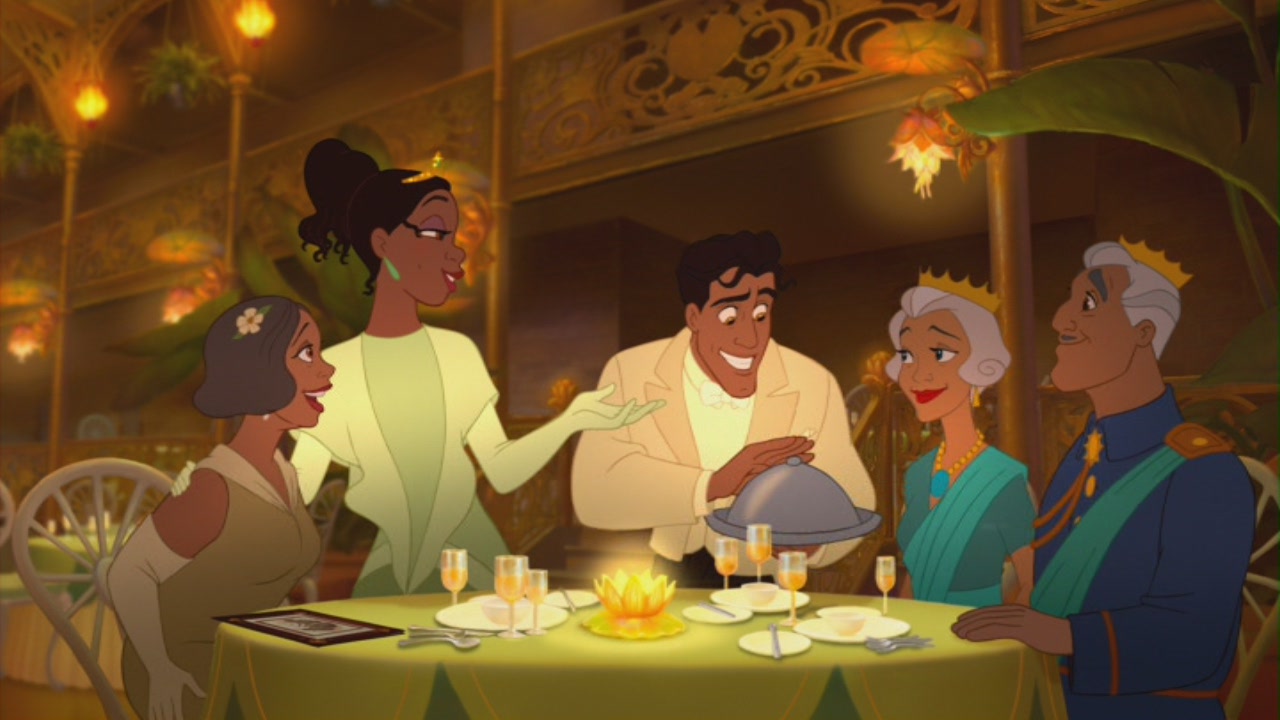

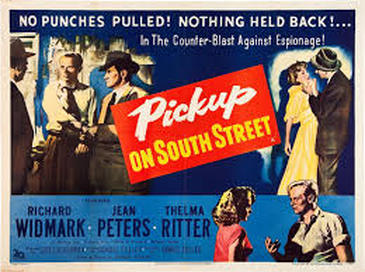

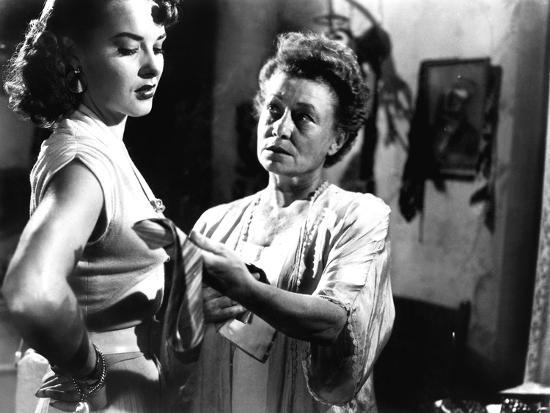









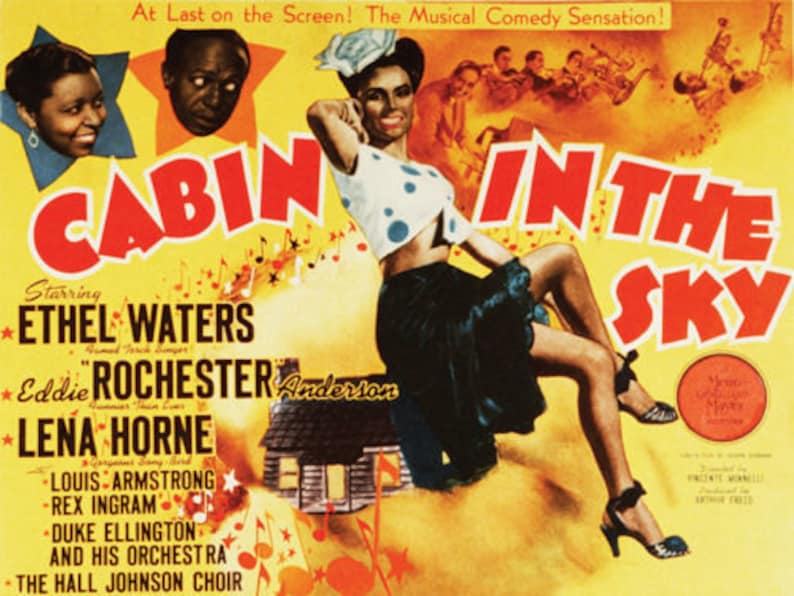

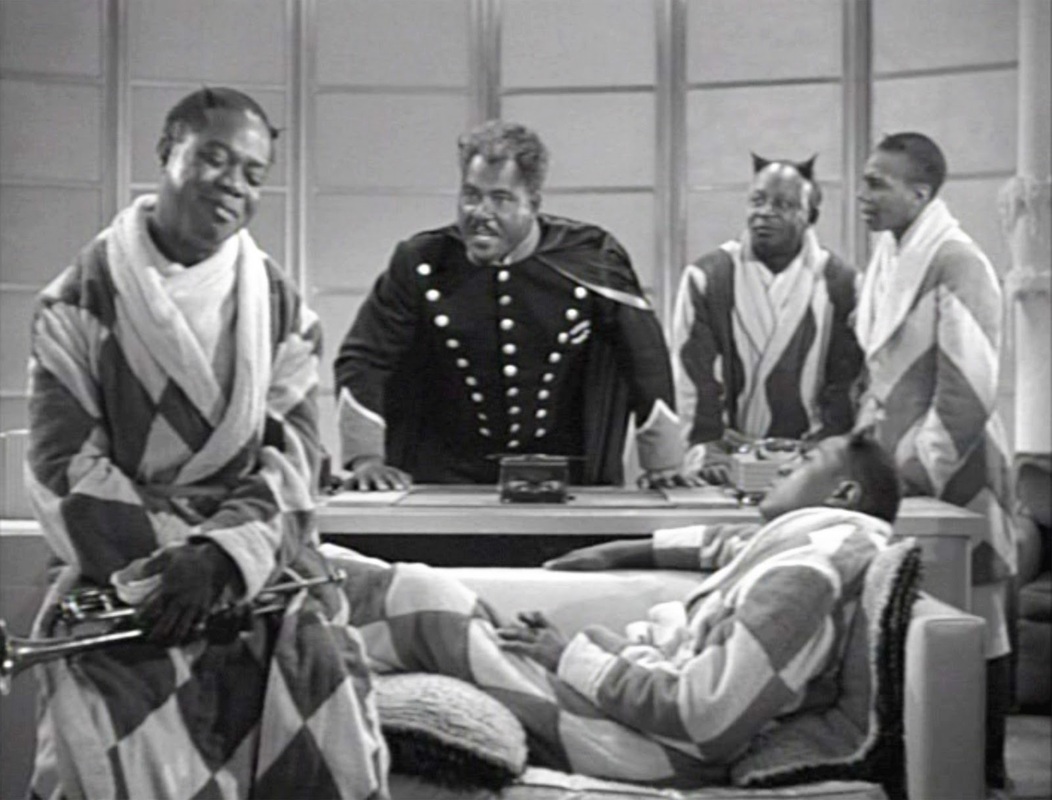
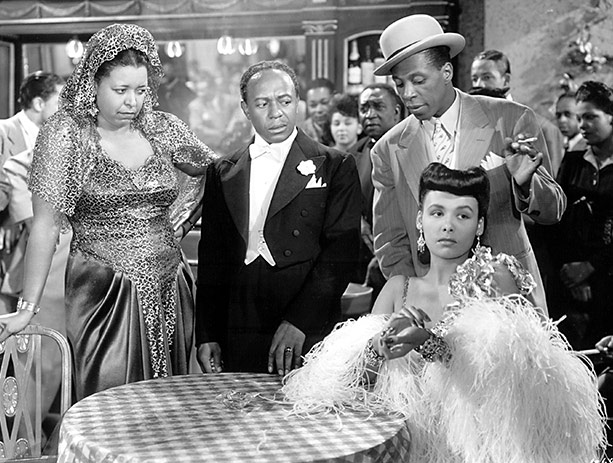

/s3/static.nrc.nl/images/gn4/stripped/data35699876-d8f413.jpg)

